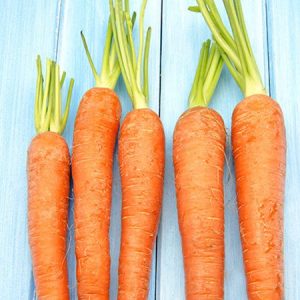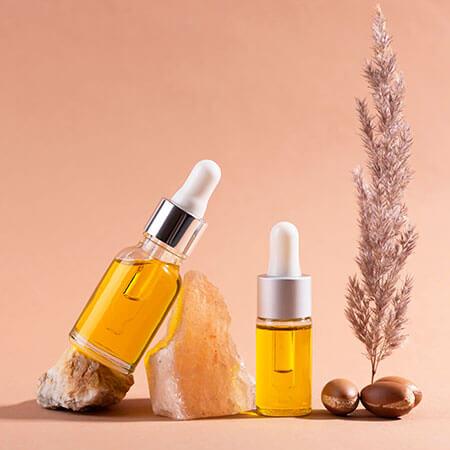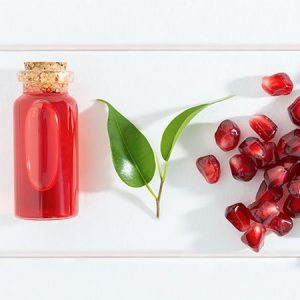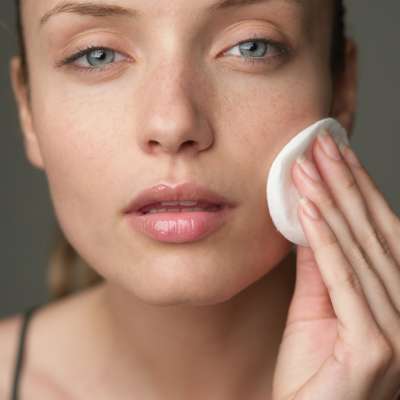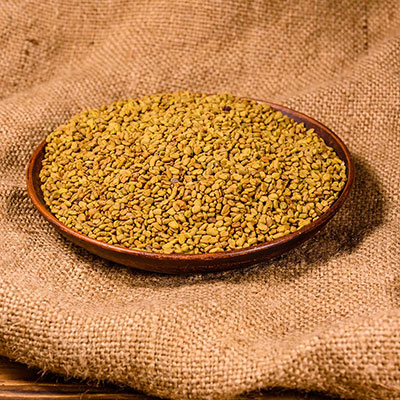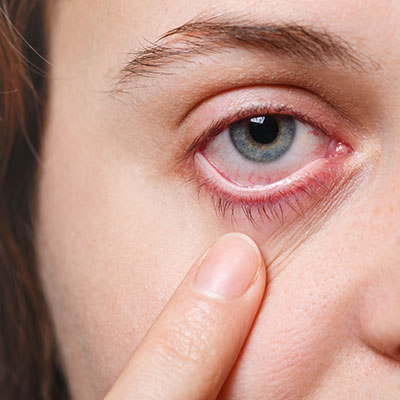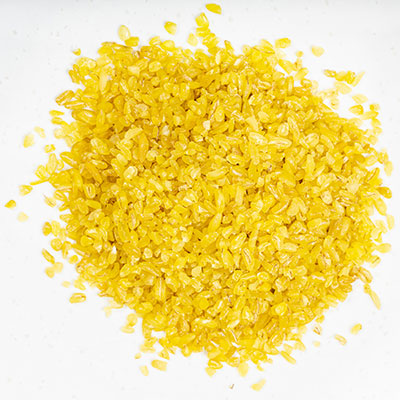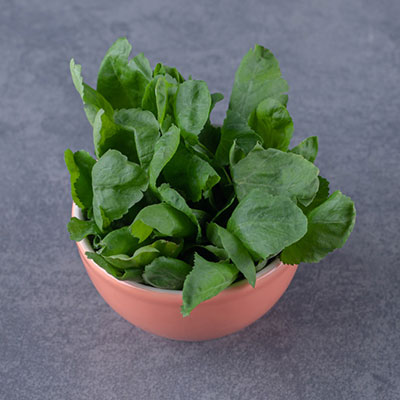Collagen can make your skin appear fresh, and moist, your nails, and bones strong, and your joints ache-free. These are the various claims that countless collagen supplement manufacturers make. Due to this reason, it is not a big surprise that collagen has got immensely popular and highly sought-after product in the area of beauty, and wellness. Is collagen really effective and does it live up to its claim? Let us figure it out!
What Is Collagen?
Collagen is considered to be one of the abundant proteins present in the body. It is the major structural protein that is used to create connective tissues in different areas of the body such as skin, ligaments, tendons, bones, connective tissues, and teeth. Due to these benefits, this protein in the form of supplements is in high demand in the market.
Structure of This Essential Protein
Collagen is composed of 3 important amino acids that includes proline, hydroxyproline, and glycine. This molecule has a triple helix shape that combines with other types of collagen molecules to build mesh-like network of cells in the dermis layer of the skin.
Factors That Reduces Collagen Production
Collagen makes 80% of the skin. It works in association of another protein named elastin, that keeps our skin elastic. With passing age, the quality, and quantity of collagen production in the body diminishes. Due to this reason, when you are young, your skin is right, and when you age, your skin starts to loosen up.
Unfortunately, our body isn’t capable of replacing the production of collagen as soon as it begins to break down. After the age of 20, our body loses 1 percent of the collagen amount every year. This makes your skin drier.
Besides increasing age, there are a few more factors responsible for lessening the natural production of collagen in the body. It includes environmental factors like pollution, or UV rays, bad lifestyle habits like smoking, and a poor diet (sugary, oily, and spicy diet). All these factors create formation of free radicals in the body that speed up the rate at which collagen breaks down in the body.
In order to prevent this condition from happening, you need to stop collagen destroying behavior.
- Sugar and quick digesting refined carbs : Sugar, and refined carbohydrates interferes with the natural ability of collagen to repair itself. So, you need to reduce the consumption of these two items in your diet.
- Excessive exposure to sunshine : As UV rays reduces production of collagen, you need to avoid staying under the sun for a long time.
- Smoking : Smoking also lowers collagen production that, in turn, impairs healing of wound and result in wrinkles specially at the mouth region. This requires you to quit smoking.
- A few autoimmune disorders, like lupus can also be responsible for collagen damage.
What Are the Different Types of Collagen?
There are about sixteen kinds of collagen present in the body. The four primary types are defined as type I, II, III and IV. Let us look closely at the 4 major kinds of collagen and their significance in the body:
1. Type I Collagen
This type contributes for ninety percentage of the total collagen present in the body that are made with densely packed fibers. Type 1 collagen is responsible for providing structure to bones, skin, fibrous cartilage, tendons, teeth, and connective tissue.
2. Type II Collagen
This kind of collagen is made with loosely packed fibers. It is present in elastic cartilage that providing a cushion to the joints.
3. Type III Collagen
This type of Collagen assists the structure of organs, muscles, and arteries in the body.
4. Type IV Collagen
This type aids in filtration. It is present in deeper layers of the skin.
Proven Ways to Boost Collagen Production
As you get older, the production levels of collagen drop, and your cartilages become weaker, and brittle, and skin becomes less supple, and firmer. So, how do you increase collagen levels in the body? There are three ways to do it.
- consume more of those foods that are dense in collagen. Adopt a protein-rich healthy diet.
- use over the counter topicals / supplements that increases collagen production to restore collagen stores. Some of them being serums, and anti-aging creams, that promotes collagen synthesis in the skin.
- use dermatologist approved skin care treatments such as radio-frequency, laser, ultrasound, fillers, and micro needling that aims at increasing collagen production and enhancing skin appearance.
Foods that you should include to boost collagen
Healthy eating is the key to collagen production. Include protein rich food sources such as nuts, lean meat, fruits, seafood, dairy, legumes, poultry tofu, whole grains, vegetables, beans, and seafood that supplies adequate amount of amino acids. These products help your body to produce collagen naturally.
Include important nutrients such as vitamin C, copper, and zinc, that are proven to maximize collagen production. Vitamin C is used for combining two important amino acids as proline, and glycine to form procollagen in the body.
Good sources of Vitamin C are citrus fruits, strawberries, and bell peppers. Copper is found in abundance in sesame seeds, cashews, lentils, and cocoa powder. Zinc is present in large amounts in pumpkin seeds, nuts, etc.
Ways to Healthier Skin
- Wear a wide-spectrum sunscreen that has a minimum of SPF 30 that ensures healthy collagen. It is your best line of defense to protect the collagen your body has already got.
- Eat a well-balanced protein rich diet. Eliminate junk foods, and sugary items from your diet.
- Get regular skin massage. Skin massage is one of the effective ways to encourage the buildup of procollagen-1 in the skin. To magnify its benefits, you can get a message using anti-aging collagen infused skin creams.
- Try ways to get collagen through external sources, like in supplements form. Two types of collagen supplements are increasing in popularity. These are hydrolyzed collagen, and gelatin. These supplements are decomposed into smaller peptides, that gets more conveniently absorbed by the body. Here are the popular types of collagen supplements.
- Collagen powders: Collagen powder is a form of protein that your body digests and replenishes the collagen stores in the body. They are a wonderful addition to your smoothie, and coffee. Collagen peptide are available in powder form that can be mixed into foods such as baked items, soups, and smoothies. Gelatin can also be used for making interesting recipes of homemade jellies or gummies.
- Collagen oils, and creams: Pro-collagen creams are available on the market that claims to reduce the symptoms of aging. Application of these creams even your skin tone, and smoothens wrinkles. This artificially prepared collagen locks moisture in the skin, and makes it plump.
- Bone broth: This type of collagen is derived from animal bones, and is present in liquid form. It is considered to be a dietary source of collagen.
When considering collagen in supplements form, always look for a superior quality source.
Benefits of Collagen Supplements
Scientific studies performed on collagen supplements have shown that its sustained use enhances elasticity of skin, reduces ageing signs, such as roughness, and wrinkles effectively. Consumption of collagen also boosts bone size, and mass.
It becomes important when bone density tends to lower with passing age. In those cases, collagen helps in improving back, knee, and joint pain. Studies performed on collagen supplements, shows promising benefits in the below areas:
1. Muscle mass
A combination of collagen peptide supplements is beneficial in elderly people. It has shown increased strength, and muscle mass when compared with a placebo.
2. Arthritis
Another study performed on collagen proved that supplements were also beneficial for the treatment of osteoarthritis. People who consumed it for many months on a regular basis showed a major reduction in pain, as compared to the ones who consumed a placebo.
3. Skin elasticity
Collagen has a significant effect on improving the quality of skin. It makes your skin tight, and elastic. Collagen minimizes wrinkles, and fine lines on the skin and gives you a youthful appearance.
4. Leaky Gut Syndrome
A few studies have also shown that collagen supplements improve gut health, and were found beneficial in the treatment of leaky gut syndrome.
How to ensure maximum absorption of collagen in the body?
Collagen have become very popular because it not just arrests ageing signs, and strengthen bones, but also very easy to obtain, and consume. You can add them in water, coffee, smoothie or any other type of beverage and meet your daily requirements.
In comparison to natural collagen that are composed of large sized molecules, absorption of smaller peptides is easier. Collagen peptides come in powder form that easily passes through the intestine and makes its way directly into the bloodstream. This helps the body to use absorbed collagen peptides to effectively repair all the damaged areas in the body.
Topical creams, on the other hand are found to be less effective. This is because it is difficult for collagen in those products to make its way to the lower layers of the skin (dermis layer) where it is produced.
Do not over consume collagen to get more effects from it. It can backfire you. As no two supplements are made in the same way, it is important to check the directions mentioned on its label to consume it in the right way.
Side Effects and Risks of Collagen
Collagen is a type of beneficial protein that does not have any innate risk associated with it. It is a significant component that constitutes a healthy body. Consuming it in the form of natural food sources is completely safe, however, if you choose to consume it using artificial supplements, then you need check about the safety of these dietary supplements.
Do your own research by checking its source, and quality of ingredients. Go for only high-quality supplements, from quality brand. Plant-based collagen are mostly safe, and have not shown any risks so far. If you have allergy to eggs, and fishes, then choose the one that is devoid of those products.
Frequently Asked Questions on Collagen
1. What is the objective of collagen?
Collagen is a type of protein that provides structure to your skin, bones, and joints.
2. What is collagen composed of?
Collagen is a combination of three vital amino acids that are produced by the body naturally. These are proline, hydroxyproline, and glycine.
3. What foods are rich in collagen?
All foods that are rich in protein are good for production of collagen in the body. These foods can be meat, fish, seafood, beans, eggs, and dairy items. They supply the body with a wide range of amino acids essential for the manufacture of collagen. Gelatin and Bone broth are also collagen-rich sources to consider.
4. How does collagen differs from gelatin?
When collagen gets heated up, it decomposes to form gelatin.
5. What do you mean by collagen peptides?
Collagen peptides are basically collagen molecules that when disintegrates, makes them easy to digest and absorb by the body. These peptides get quickly dissolve in liquids, so you can add them to your drink and gets its benefits.
Conclusion
Collagen is a form of protein that is found in the body, specifically in skin, ligaments, tendons, bones, connective tissues, and teeth. A healthy and balanced diet that comprise of adequate protein, application of topicals, good sunscreen habits, and dermatologic procedures will ensure your body produces, and obtains the right levels of collagen that reduces ageing signs, and make you feel great.
Hope you liked this article. Please share it with your family, and friends on social media. If you have any queries then do write to us. We would be happy to solve them at the earliest.

